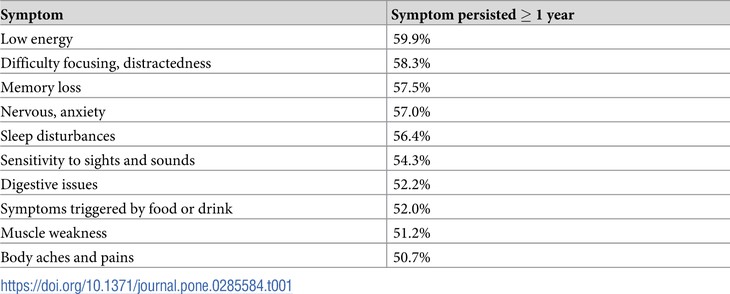Benzodiazepines — the anxiolytic (anti-anxiety) drug class that includes alprazolam (sold as Xanax in the United States), diazepam (marketed as Valium), clonazepam (Klonopin), and lorazepam (Ativan) — are among the most widely prescribed drugs in America. Chances are you or someone in your household has a bottle in the medicine cabinet right now.
North of 30 million Americans, in fact, or about 12.5% of the U.S. population, regularly take benzodiazepines.
A recent survey of past and current benzodiazepine users has found that, even after having been off of these drugs for a year or more, a huge percentage of individuals reported persistent, severe symptoms that they did not have prior to becoming dependent.
Via research published in PLOS One (emphasis added):
“A total of 763 respondents reported they had discontinued benzodiazepines, of whom 426 stated they had been off benzodiazepines for a year or more. Adverse life consequences reported by those who had discontinued benzodiazepines for a year or more were deemed severe or worse by 55.9% to 83.6% of respondents…
It appears based on available data from the respondents in the survey that enduring symptoms may have played an important role in damaging life consequences they experienced. This study shows that over 80% of respondents identified more than five serious life consequences which they attributed to benzodiazepine use. To the best of our knowledge, this is the first study to explore adverse life consequences associated with these enduring symptoms, of which many were neurocognitive.”

Source: PLOS One
“Patients have been reporting long-term effects from benzodiazepines for over 60 years. I am one of those patients. Even though I took my medication as prescribed, I still experience symptoms on a daily basis at four years off benzodiazepines. Our survey and the new term BIND give a voice to the patient experience and point to the need for further investigations,” one of the study’s authors told EurekAlert!
Exclusively for our VIPs:Another Pharmaceutical Failure? ‘Breakthrough’ Weight Loss Drug Tied to Common Adverse Effects
Not a PJ Media VIP yet? Click here to sign up!
These highly habit-forming drugs are intended for short-term use for anxiety relief only, not to exceed a few weeks at most of daily use. Unfortunately, most prescribing doctors and nurse practitioners — as I have discovered through firsthand experience, having unwittingly gotten addicted to them with legitimate prescriptions (an experience I detail in my newly released memoir about expat life and matters of existential import) — either don’t understand the negative health impacts of benzodiazepine addiction or fail to warn their patients properly of them. In either case, it’s unforgivable and arguably tantamount to malpractice.










Join the conversation as a VIP Member